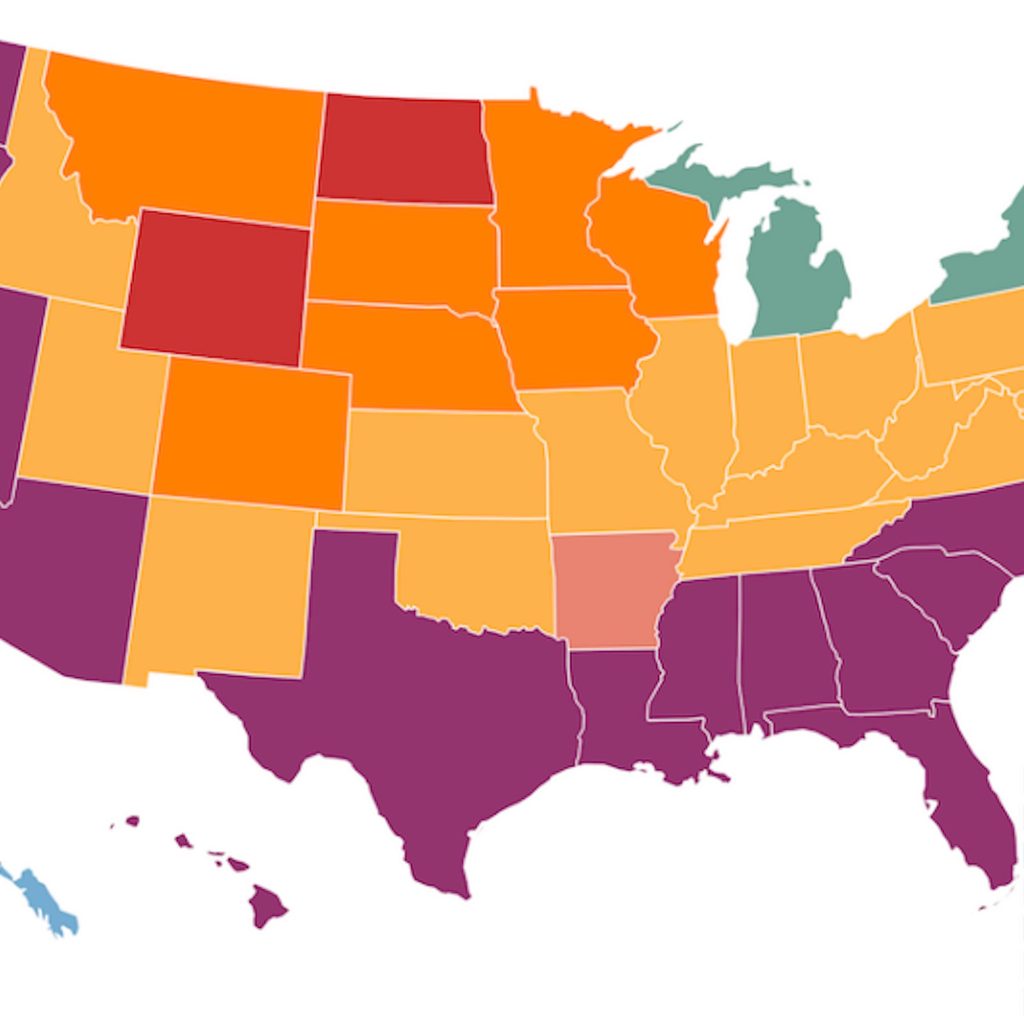If you’re like many dogs and their favorite people, you’re looking forward to the outdoor activities that come hand in hand with the warmer months of the year. One thing you probably don’t want to see while out on your morning walks, though, is an insect or parasite on your pet. Fleas and ticks are the most prevalent creepy crawlies your dog might pick up, but do you really need to try flea and tick meds?
When deciding whether to start your dog on medication, consider the recommendations of veterinary professionals. After all, they do know best when it comes to canine health.
Does my dog need flea and tick meds?
Dr. Lindsay Butzer, DVM, or “Dr. Lindsay,” is a big fan of preventative flea and tick medication. In addition to her success as a second-generation veterinarian, she also draws millions of views on her TikTok and YouTube channels, where she educates pet parents about canine health, breed characteristics, and more.
In a March 25 Tiktok, Dr. Lindsay reenacts a common conversation she has with clients. The video opens with her standing behind an exam table and a very photogenic pup as her client character asks, “Why is my dog so itchy?”
Dr. Lindsay, as herself, responds, “Is your dog on monthly flea and tick prevention?”
She explains how “fleas are so common in pets,” but there’s no need to worry. There are a number of effective flea and tick prevention methods available in pet stores and online, though it may take a little research to find the right medication for your dog.
@
Why flea and tick prevention is important
Besides causing itching, discomfort, and a serious case of the heebie-jeebies, fleas and ticks can pose a threat to your pet’s health. Many pet parents already know that ticks can infect their hosts with illnesses such as Lyme disease (via American Kennel Club), but did you know fleas can cause internal complications, too?
Dr. Lindsay explains, “If your pet accidentally swallows a flea from licking or chewing his or her skin, your pet may develop a tapeworm,” which is a parasite that “live[s] in your pet’s intestinal tract and rob[s] him or her of vital nutrients.” To discern whether your dog may be affected, she says, “Watch for little tapeworm segments that look like grains of sand.”
Whether or not your dog has fleas, ticks, or even tapeworms, Dr. Lindsay says, “Don’t wait to treat pets…try using an over-the-counter medication like HomeoPet WRM Clear or Panacur C Canine Dewormer to get rid of tapeworms.”
@dr_lindsaybutzer Fleas are everywhere.. #sorrynotsorry #veterinarian #veterinarymedicine #vetschool #pets #petsoftiktok #dogsofttiktok #dogs #dog #funnydog #cutedog
Are ticks seasonal?
Depending on where you live, you might have to worry more about ticks at certain times of the year. It should be worth noting that fleas and ticks don’t have an “off-season” during which your pet won’t be at risk of encounter, but there are certain seasons when they are more prevalent and the risks are higher.
The American Kennel Club concludes that the warmer months are the closest thing to flea and tick season the United States sees. Not only do warm temperatures allow insect eggs to hatch healthily, but they also invite people and their pets outside to enjoy the sunshine. That results in a lot more encounters between fleas, ticks, and dogs.

What are the best tick meds?
Though Dr. Lindsay has a few great suggestions for flea and tick prevention — many of which are on this list — you can always ask your veterinarian if none of these options seem just right for you.
Frontline Plus
In a YouTube video about heartworm, flea, and tick prevention, Dr. Lindsay recommends Frontline Plus. This medication kills fleas, flea eggs, flea larvae, ticks, and chewing lice and can be applied topically within seconds. Just make sure to buy the right medication based on your dog’s weight!
Trifexis
Keep your pup protected against heartworm, fleas, and intestinal parasites with this chewable tablet. You can purchase 6- or 12-month supplies from your local pet store, so all that’s left is remembering to administer it every month. Each tablet provides 30 days of complete protection against current and future flea infestations, so you can rest easy knowing your buddy is safe.
Bravecto
If you’re looking for reliable flea and tick control, look no further. Bravecto both kills fleas and prevents flea infestations while protecting against four different kinds of ticks. Each chewable kills black-legged ticks, American dog ticks, and brown dog ticks for 12 weeks and Lone Star ticks for eight weeks.
Simparica Trio
This monthly medication protects your fur baby from all kinds of creatures — not just fleas and ticks. Heartworms, roundworms, and hookworms will be no match! You can start this medication nearly anytime, since it kills fleas before they can lay eggs, so even current infestations will be treated.
NexGard
With these easy-to-chew tablets that stay effective for the entire month, you and your pup will have the peace of mind you both deserve. NexGard, well, guards against four different species of ticks while quickly killing existing infestations. This medication kills and repels fleas for 30 days also, so you can enjoy an itch-free month again and again.
Whatever you choose, you won’t go wrong with any of the medications on this list. Dr. Lindsay Butzer is just one of countless veterinarians who swear by regular flea and tick prevention, so there’s no reason to wait.




